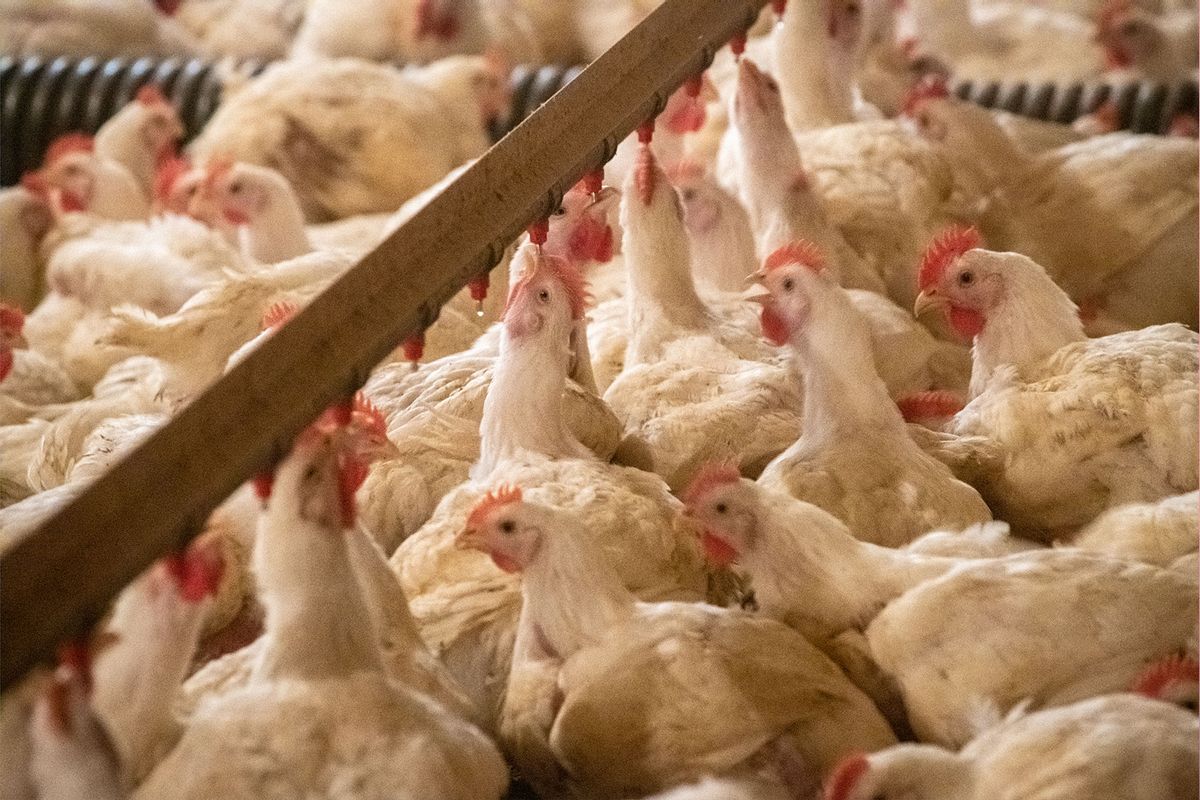
In recent discussions surrounding agriculture, especially with the emergence of Project 2025, there's a compelling debate taking shape about the future direction of farming practices and regulations. This initiative, championed by conservative policymakers under the Republican Project 2025 mandate, aims to overhaul existing agricultural policies in favor of less regulation and more freedom for farmers. Proponents argue that this approach will spur innovation, increase productivity, and reduce bureaucratic hurdles that have long plagued the agricultural sector.
One of the central themes of Project 2025 is the push for "More Food, Less Regulation." This slogan encapsulates the vision of policymakers who believe that by rolling back stringent regulations, farmers will be empowered to adopt cutting-edge technologies and techniques without the fear of bureaucratic backlash. This could potentially lead to increased yields, improved sustainability practices, and greater profitability for agricultural enterprises across the country.
However, critics have voiced significant concerns about the implications of such a deregulatory approach. They argue that regulations, while sometimes burdensome, play a crucial role in ensuring food safety, environmental protection, and fair labor practices within the agricultural industry. Without adequate oversight, there could be unintended consequences such as increased pollution, exploitation of labor, and threats to public health from contaminated food products.
Moreover, the Republican Project 2025 mandate also raises questions about its broader impact on rural communities and small-scale farmers. Will deregulation disproportionately benefit large agribusiness corporations at the expense of family farms? How will it affect the livelihoods of farmers who rely on subsidies and regulatory protections to stay afloat in a competitive market?
To delve deeper into these issues, it's essential to understand the specific provisions outlined in the Republican Project 2025 mandate. The initiative proposes significant revisions to existing agricultural laws, including streamlined approval processes for new pesticides and biotechnologies, reduced environmental compliance requirements, and fewer restrictions on land use and water management practices.
Supporters argue that these changes will foster a more dynamic agricultural sector, capable of swiftly adapting to market demands and technological advancements. They envision a future where American farmers lead the world in innovation and productivity, unshackled from bureaucratic red tape that stifles entrepreneurial spirit.
On the other hand, opponents caution against the potential risks associated with such sweeping deregulation. They point to historical precedents where lax oversight led to environmental degradation, foodborne illnesses, and economic hardships for smaller farmers unable to compete with industrial-scale operations.
So, while Project 2025's "More Food, Less Regulation" mantra promises a bold new era for American agriculture, the debate over its implementation remains contentious and multifaceted. Balancing innovation with responsible regulation is undoubtedly a complex challenge that requires careful consideration of both short-term benefits and long-term consequences.


0 Comments